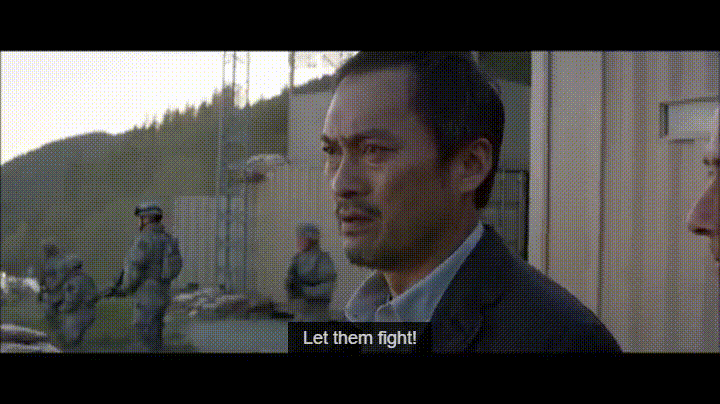Ayo, for a head that hasn't been following any of this, why is Russia invading Ukraine? I don't watch any news outlets so I'm lost on what's going on.
See below, mind you this isn’t up to date to account for Russia invading Ukraine as of last night (EST).
Why are there tensions between Russia and Ukraine?
Though things have ramped up dramatically in the last few months, tensions between Ukraine and Russia are long standing.
The current difficulties date back to the 2014 overthrow of the pro-
Moscow Ukrainian
government.
Russia saw this move as a sign that Ukraine could more closely align itself with the West in future.
In response, Russian troops took control of Crimea, a peninsula in the south of Ukraine.
Russia then held a referendum in Crimea, in which voters were asked whether the disputed territory should officially become a part of the country of Russia.
Armed soldiers without identifying insignia keep guard outside of a Ukrainian military base in the town of Perevevalne near the Crimean city of Simferopol in March 2014 (Photo: Spencer Platt/Getty Images)
Despite 95% of citizens voting in favour of joining Russia and the Crimean
Parliamentquickly declaring independence from Ukraine, the referendum is not legally recognised by the international community.
Ukraine and the world community consider Crimea to still be a Ukrainian territory under law.
The conflict has been ongoing ever since, and the UN estimates at least 14,200 people to have been killed in eastern Ukraine, including over 3,000 civilians.
Why is Putin invading Ukraine?
Put simply, it appears as if Russian President Vladmir Putin views Ukraine as traditionally part of Russia, and would
very much like it backunder his country’s control.
On Monday 21 February, Putin decided to recognise the regions in east Ukraine – the so-called Donetsk People’s Republic and Luhansk People’s Republic – as independent states.
These areas are under the control of pro-Russian separatists backed by the Russian government.
He
ordered troops into the two regions to “maintain peace” – crossing the red line set by the West by deploying Russian forces on Ukrainian territory.
Then, in the early hours of 24 February, Putin said Russia will conduct a military operation in eastern Ukraine.
He added that Russia does not have a goal to occupy Ukraine, but said the responsibility for bloodshed lies with the Ukrainian “regime”.
Putin also warned other countries that any attempt to interfere with the Russian action would lead to “consequences they have never seen”.
Putin also sees Ukraine’s proposed admission to
Nato as a no-go.
He has accused the US and its allies of ignoring Russia’s demand to
prevent Ukraine from joining Nato and offer Moscow security guarantees.
He said the Russian military operation aims to ensure a “demilitarisation” of Ukraine, adding that all Ukrainian servicemen who lay down arms will be able to safely leave the zone of combat.
How has the West responded?
Putin’s moves have been met with condemnation around the world, with many countries
imposing sanctions on Russia in response.
Sanctions are a diplomatic tool to disadvantage countries in ways without using combat. They are usually financial in design, and can restrict how easy it is for one country to trade with another, or freeze important overseas assets.
It is hoped that
sanctions in place against Russiawill discourage it from any further escalation of the conflict, or even convince Putin to draw back his military advances.
That first round of sanctions appears not to have threatened Putin, who has now ordered the invasion, and so tougher measures are likely.
Foreign Office minister James Cleverly said the UK would respond with “unprecedented” sanctions “to punish this appalling decision” by Russia’s leader.
US President Joe Biden has said “the United States and our allies and partners will be imposing severe sanctions on Russia.”








 . America will always win the # game, same as Vietnam
. America will always win the # game, same as Vietnam